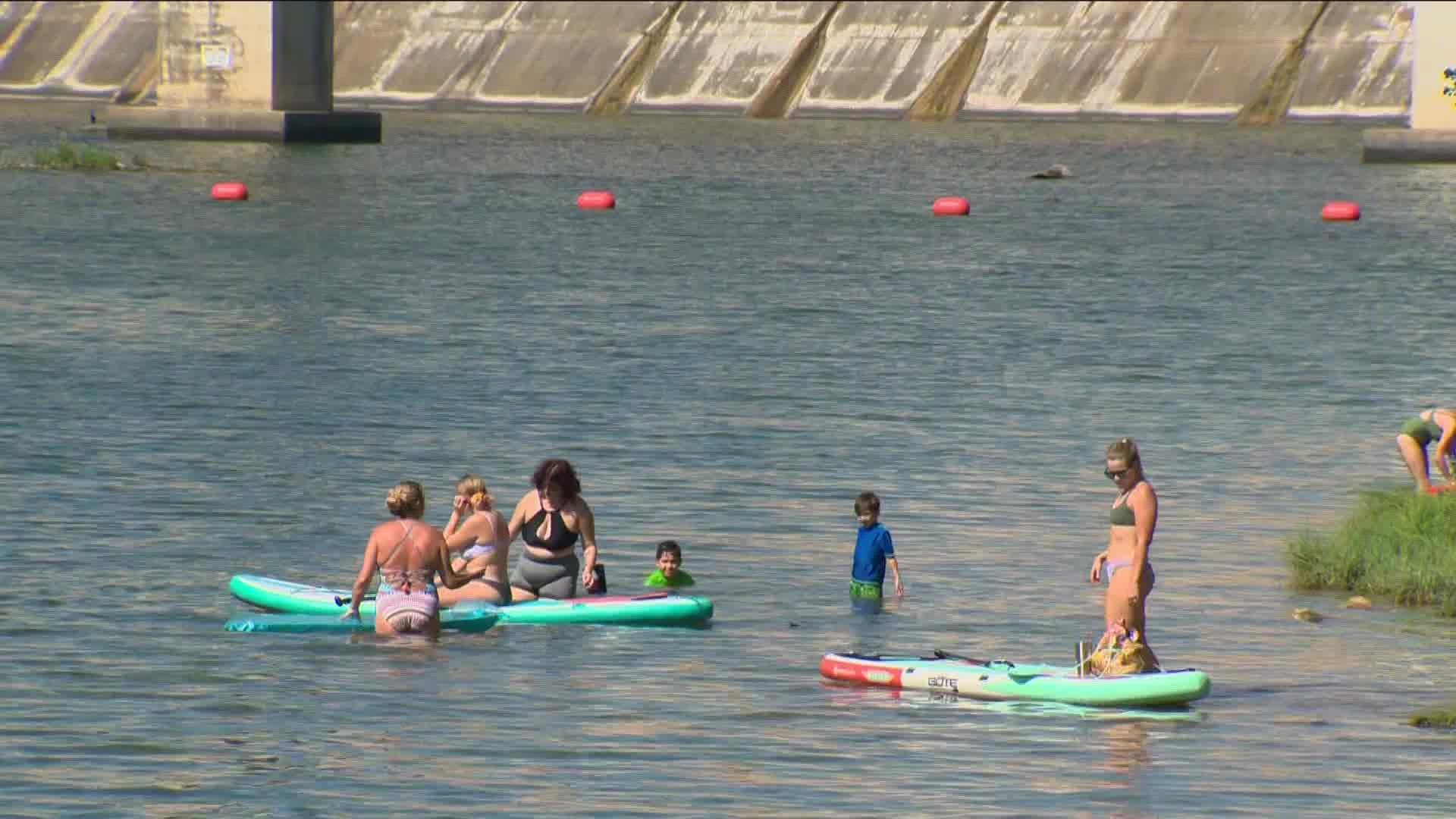AUSTIN, Texas — This week, the Williamson County Commissioners Court declined to take a vote to recommend the Lower Colorado River Authority update its Water Management Plan sooner rather than later.
"They did not want to get out of their lane and said that the works of LCRA with respect to water would be outside their lane," Commissioner Terry Cook, who proposed the resolution, said. "We do have two cities absolutely dependent on water in Lake Travis, which puts us in the LCRA lane, which is Cedar Park and Leander, and there's no place for them to turn for additional water. The concern is that LCRA, their current plan is not recognizing severe drought."
In a statement posted to LCRA's 2020 Water Management Plan page Wednesday, a day after the Williamson County Commissioner Court's vote, the agency acknowledged the severe drought.
"First, there is no question this drought is serious," the statement read in part. "Inflows into the Highland Lakes are at historic lows, with the January-July totals below any other January-July totals in the history of the lakes. We’ve also had well-below-average rainfall throughout our basin since last fall.
However, it’s important to note that even with historic low inflows and triple-digit heat for weeks on end, our water supply is still at more than 1.16 million acre-feet, or more than 58% of capacity. The lakes are functioning as designed – capturing water during rainier times for use during drier times such as these. The WMP also is functioning as designed – curtailing interruptible uses of water to allow us to continue to meet the needs of firm water customers."
The founder of Central Texas Water Coalition argues whether the plan is working now or not, the agency cannot wait until 2025 to review and update the plan's policies.
"The lakes are depleting too fast," Jo Karr Tedder said. "The plan is not protective enough."
According to LCRA's statement, the next review process will take place in March. Tedder has been going to commissioner meetings in many Central Texas counties urging them to ask the LCRA to start the review process and updates earlier to address current water levels, drought conditions, and development along the Highland Lakes.
"If the county commissioners support the resolution, it will help us for LCRA to hear us – LCRA listens to elected officials," Tedder said Tuesday.
"The plan is designed for projected demands for the year 2025, and the yearly demands we’ve seen to date have been below the year 2025 projections. Those projections are so fundamental to the WMP they also are the basis for triggering the next revision process," the statement responded. "When the water use data for 2022 is available early next year, we will evaluate where we are in relation to those triggers to determine whether beginning the update process then is warranted."
PEOPLE ARE ALSO READING:

